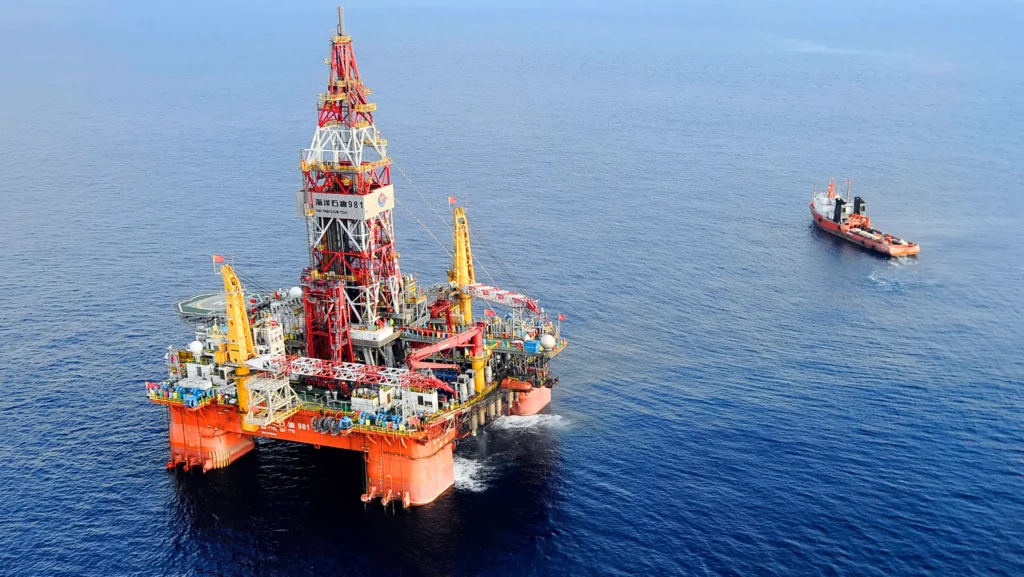
The lowest oil inventories in developed economies since 2004 are set to combine with the upcoming EU embargo on Russian oil imports to further tighten the oil market and the already “exceptionally tight” diesel markets, the International Energy Agency (IEA) said on Tuesday.
“Oil markets remain finely balanced going into the winter months, with OECD stocks trending at the lowest levels since 2004,” the IEA said in its closely-watched Oil Market Report (OMR) for November published today.
“The approaching EU embargoes on Russian crude and oil product imports and a ban on maritime services will add further pressure on global oil balances, and, in particular, on already exceptionally tight diesel markets. A proposed oil price cap may help alleviate tensions, yet a myriad of uncertainties and logistical challenges remain,” said the international agency.
According to the IEA, global observed inventories fell by 14.2 million barrels in September as OECD and non-OECD stocks plunged by 45.5 million barrels and 19.3 million barrels, respectively. The decline in stocks, however, was partially offset by a surge in stocks of oil on floating storage of 50.6 million barrels, the IEA said. OECD industry oil stocks fell by 8 million barrels, while government stocks drew by 37.4 million barrels in September. OECD total oil stocks fell below 4 billion barrels for the first time since 2004, per IEA estimates.
Those low inventory levels and the embargo on EU imports of Russian crude oil and products as of December 5 and February 5, respectively, will disturb the currently finely balanced market, the agency says.
However, the very tight diesel market and high prices will lead to additional demand destruction next year. The IEA raised its global oil demand growth estimate by nearly 200,000 barrels per day (bpd) to 2.1 million bpd for this year, but slightly cut the 2023 demand growth estimate to 1.6 million bpd from 1.7 million bpd growth expected in the October report.
SOURCE: https://oilprice.com/
